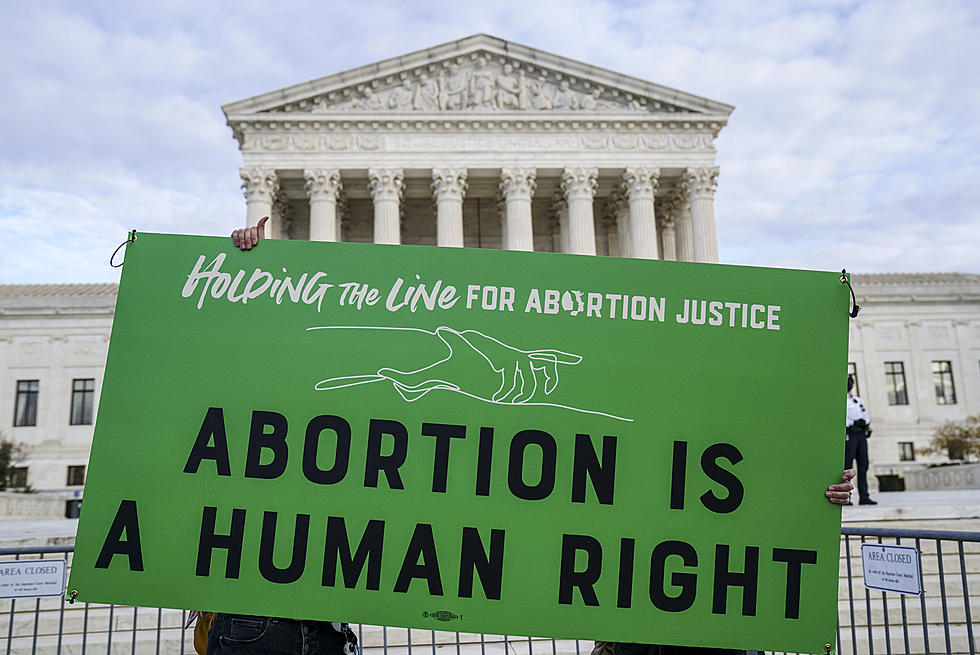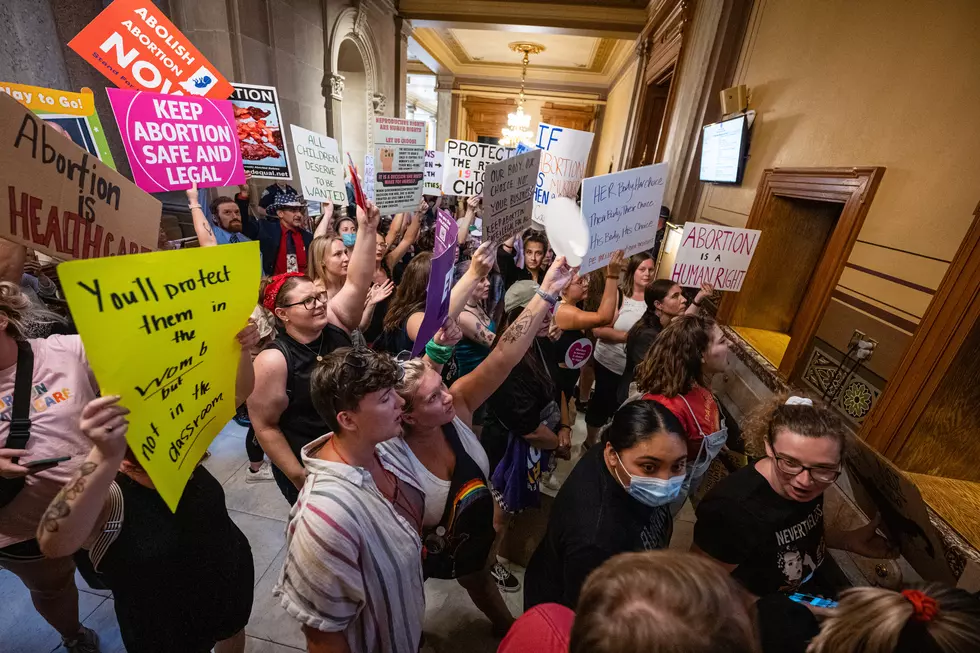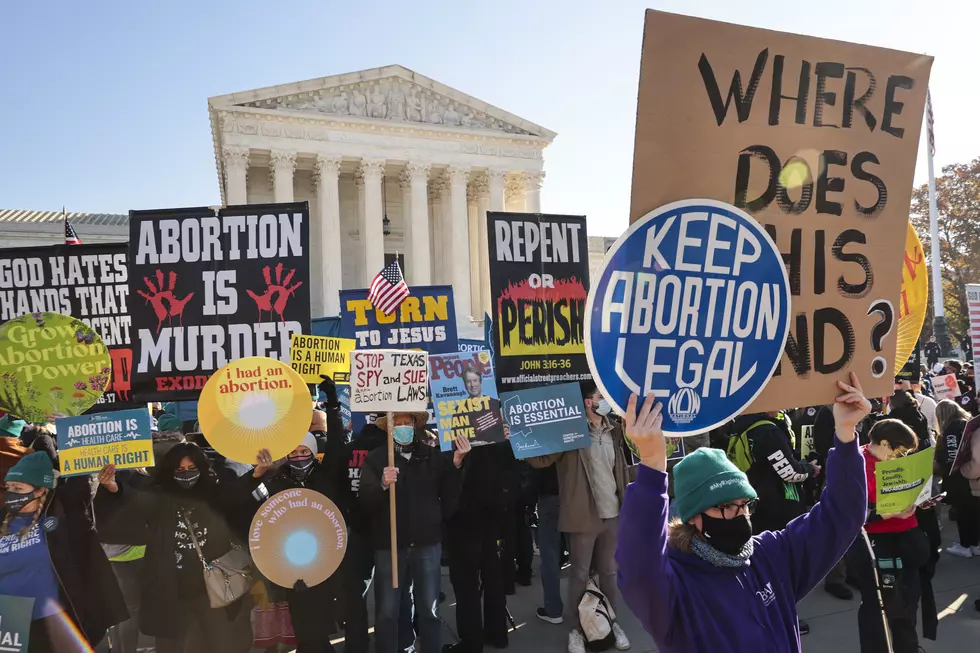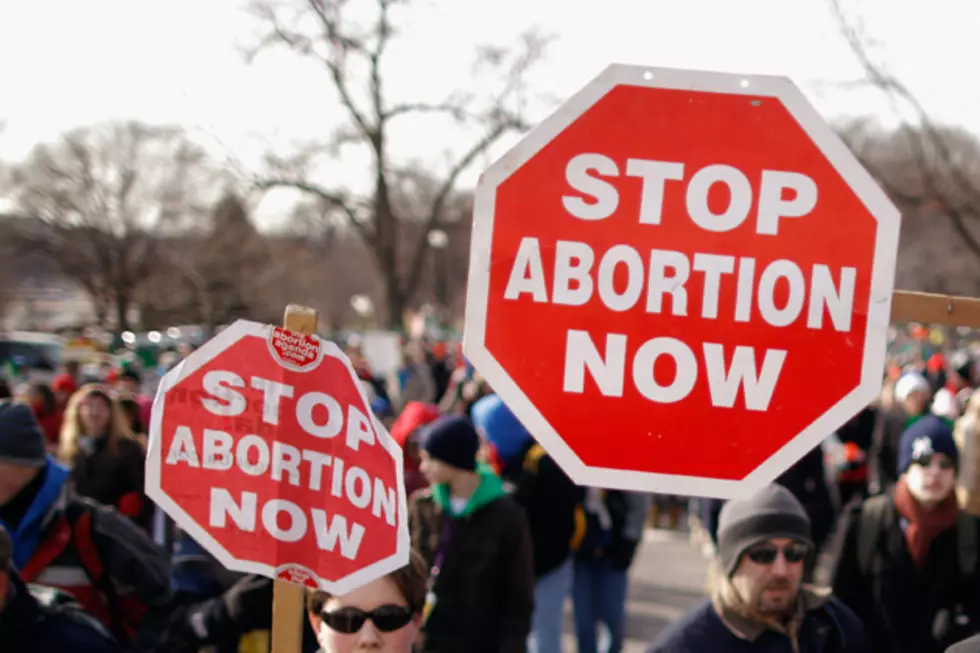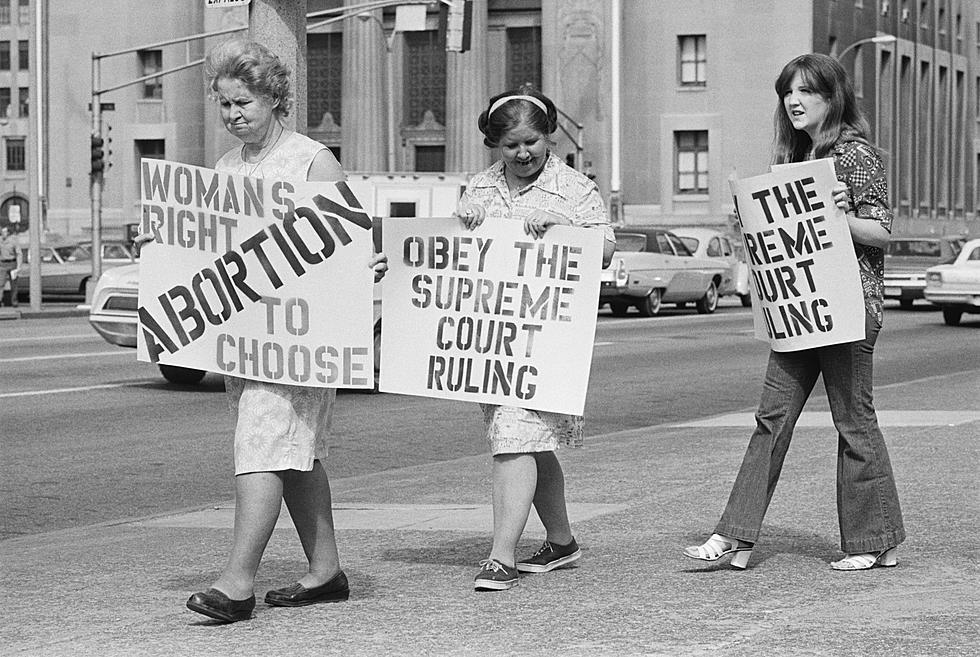
Abortion Case Moved to Wyoming Supreme Court
On Wednesday, Teton County District Court Judge Melissa Owens sent to the Wyoming Supreme Court the case Danielle Johnson et al. v. State of Wyoming et al., which will determine the legality of abortion in Wyoming.

The case was originally filed in Teton County at the end of July, a week before Wyoming's trigger law banning abortion was set to take effect following the U.S. Supreme Court's overturning of Roe v. Wade.
Owens issued a temporary restraining order on July 25, stopping the law from taking effect, and then issued a preliminary injunction on Aug. 10 stopping the law until a full case was heard.
The plaintiffs include Danielle Johnson, a resident of Teton County who was 22 weeks pregnant when the case was filed, Kathleen Dow, a conservative Jew whose religion requires abortion access, Dr. Giovannina Anthony and Dr. Rene Hinkle, two Obstetrics and Gynecology specialist, Chelsea's Fund, an abortion fund, and Wellspring Health Access, a proposed clinic in Casper that hopes to perform abortions.
In the order sending the case to the Wyoming Supreme Court, Owens mentions 12 questions of law that should be answered, including whether the abortion ban violates Article 1 sections 2, 3, 6, 7, 18, 33, 34, 36, and 38, and Article 21 Section 25 of the Wyoming constitution.
Owens also asks whether the law is unconstitutionally vague on its face and whether it violates Wyomingites right to privacy.
If the Wyoming Supreme Court takes on the case, it may or may not end up answering some of the questions that Owens raised when she certified the order.
Before sending it to the Wyoming Supreme Court, Owens also denied a motion by two Wyoming lawmakers, Representatives Rachel Rodriguez and Chip Neiman and Right to Life Wyoming (RTLW) to intervene in the case.
Owen's reasoning for denying the intervention was because there haven't been any cases that say a legislator can intervene in a case just because they supported the bill, and RTLW can't intervene because regardless of the outcome of the case, their advocacy wouldn't be impacted.
The case had a status conference on Nov. 21 and following that, Owens ruled on Nov. 30 with a certification order that it would be moved to the Supreme Court.
Answers to 25 common COVID-19 vaccine questions
15 Questions You Should Never Ask Someone From Wyoming
More From K2 Radio
